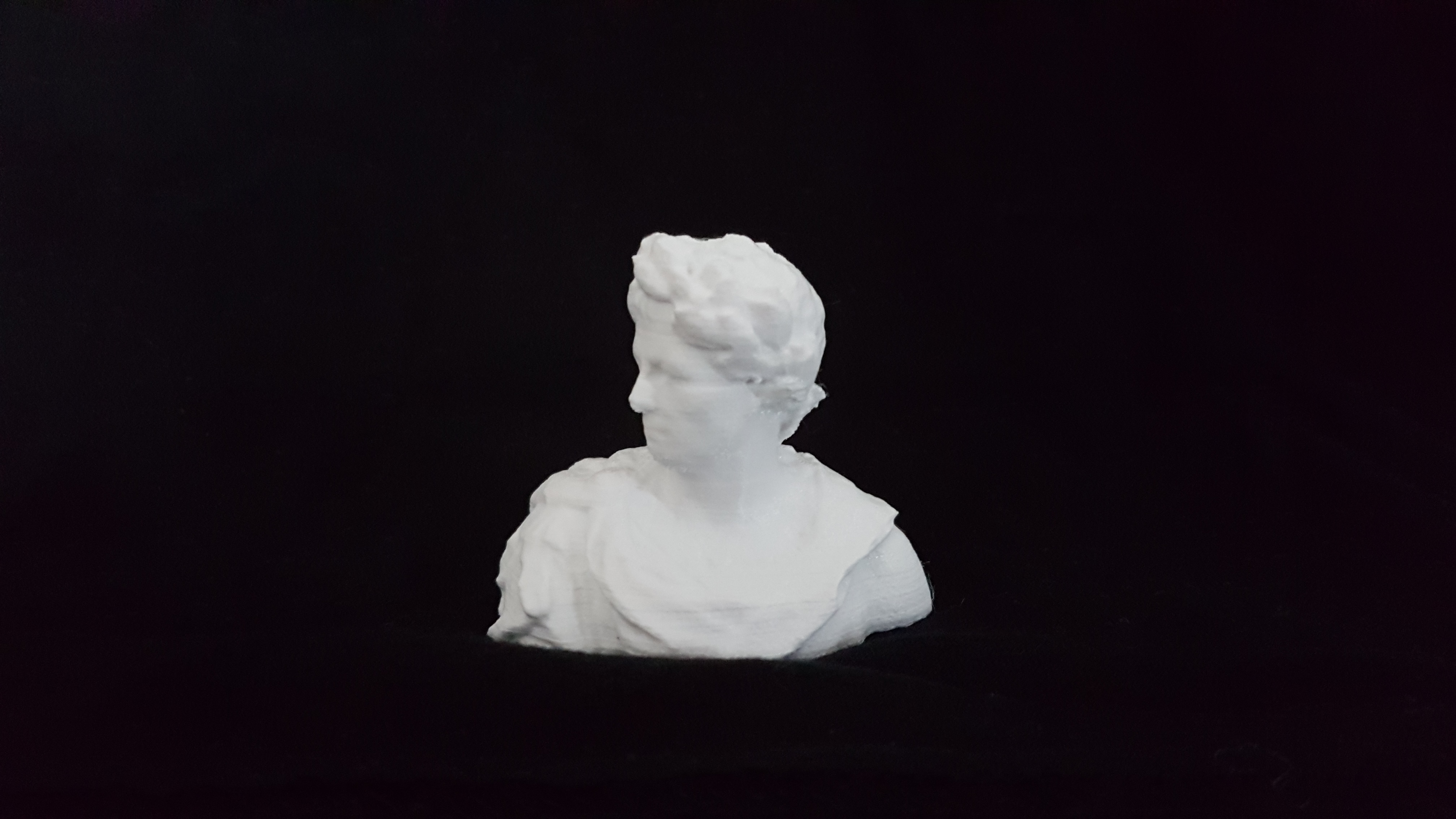
Julius Caesar Fragment
myminifactory
Gaius Julius Caesar, a legendary Roman leader, was born on July 13, 100 BC and lived until March 15, 44 BC. He was renowned as a skilled politician, brilliant general, and talented author of Latin prose. His actions played a pivotal role in the demise of the Roman Republic and the rise of the Roman Empire. In 60 BC, Caesar formed a powerful alliance with Crassus and Pompey that dominated Roman politics for several years. Their efforts to consolidate power as Populares were thwarted by the Optimates within the Roman Senate, led by Cato the Younger, who enjoyed frequent support from Cicero. Caesar's triumphs in the Gallic Wars, completed by 51 BC, expanded Rome's territory all the way to the English Channel and the Rhine. Caesar made history as the first Roman general to cross both the Channel and the Rhine when he constructed a bridge across the Rhine and led his troops across the Channel to invade Britain. His remarkable achievements granted him unparalleled military power and posed a significant threat to Pompey's influence, who had realigned himself with the Senate after Crassus' death in 53 BC. With the Gallic Wars concluded, the Senate ordered Caesar to relinquish his command and return to Rome. However, he defied their order by crossing the Rubicon with the 13th Legion, leaving his province and entering Roman Italy under arms. This bold move sparked a civil war that ended with Caesar's victory, placing him in an unbeatable position of power and influence. Following his rise to authority, Caesar initiated a series of social and governmental reforms, including the creation of the Julian calendar. He centralized the bureaucracy of the Republic and was eventually proclaimed "dictator in perpetuity," granting him additional authority. Despite these accomplishments, the underlying tensions had not been resolved, and on March 15, 44 BC, Caesar was brutally assassinated by a group of rebellious senators led by Marcus Junius Brutus. A new series of civil wars erupted, and the constitutional government of the Republic was never fully restored. Caesar's adopted heir, Octavian, later known as Augustus, rose to sole power after defeating his opponents in the civil war. He solidified his position, marking the beginning of the Roman Empire era. Caesar's life is well-documented through his own accounts of his military campaigns and other contemporary sources, including Cicero's letters and speeches, Sallust's historical writings, Suetonius' biographies, and Plutarch's works. Many historians regard Caesar as one of the greatest military commanders in history.
With this file you will be able to print Julius Caesar Fragment with your 3D printer. Click on the button and save the file on your computer to work, edit or customize your design. You can also find more 3D designs for printers on Julius Caesar Fragment.
